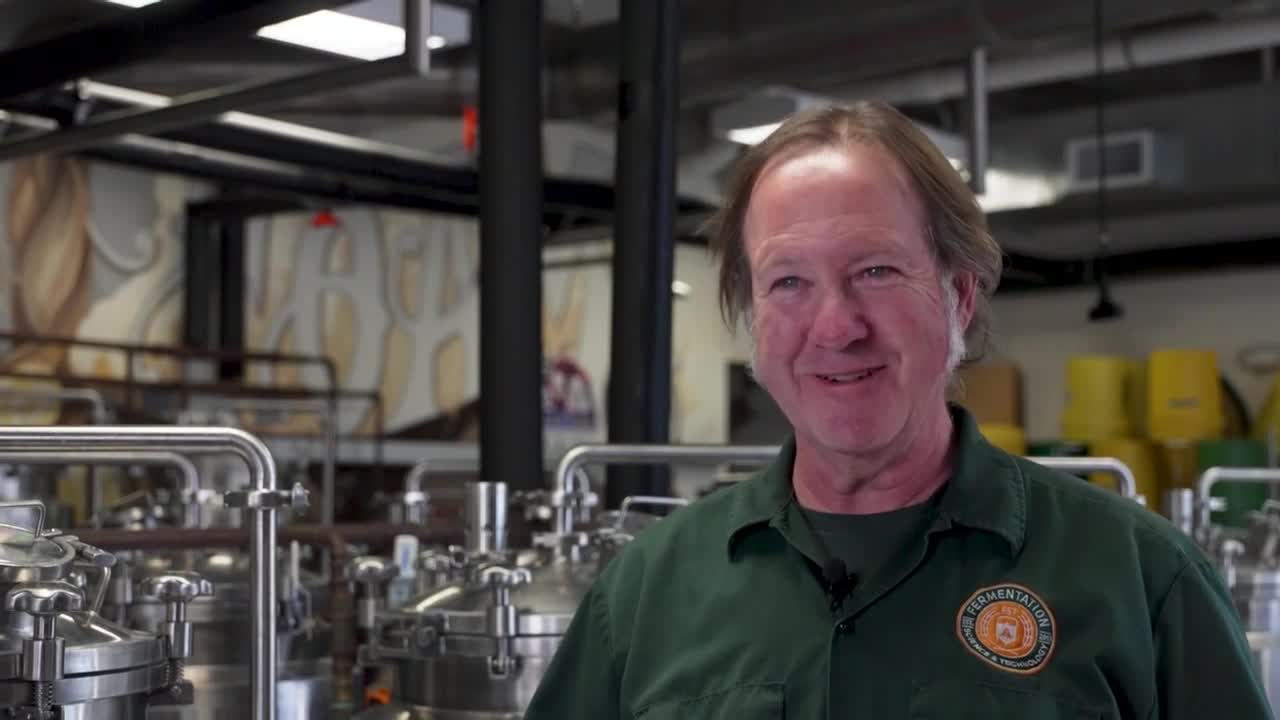FORT COLLINS, Colo. — Across the country, a trend is brewing as people are swapping beers and cocktails for nonalcoholic drinks. At Colorado State University (CSU), students and staff in the fermentation and food science program are aware of the rise and what the future of the industry can look like.
Students in the fermentation and food science program gain hands-on experience with courses in the Ramskeller Brewery and Innovation Hub and Brew Kitchen. The program started in 2013, and Denver7 covered the program's name change to include a stronger focus on food science.
"I think there's so many different things that we study in this program, like so many different forms of science, and it's just kind of all encompassing," Olivia Duque, senior in the program, said.
Denver7 went 360 in-depth, taking a look at how Coloradans are embracing the rise of mocktails and how local businesses have embraced the shift. Last month, we listened to brewers at the Great American Beer Festival on changes they are seeing in the industry.
Jeff Biegert, New Belgium Brewing sponsored CSU fermentation & food science professor and brewmaster, explained there is a key distinction between non-alcoholic beer and alcohol-free beer.

"There is nonalcoholic beer, which is defined as beer that is one-half of 1% alcohol or less," said Biegert. "Then alcohol-free beer is absolutely 0% alcohol. These are identified differently by the Tax and Trade Bureau, which is the overreaching administration that looks at fermented beverages and alcohol in the marketplace. So an alcohol free beer, that administration, the TTB, will actually measure and qualify and make sure like there's absolutely no alcohol in it."
Students in the program have learned about the fermentation process in cheese, yogurt, and kombucha. Last year, Biegert said students worked on a nonalcoholic hop seltzer.

"There is absolutely no alcohol in this. It is essentially carbonated water, some citric acid to lower the pH on it, and then some extract to bring in some wonderful hop aromas into it," Biegert said.
Biegert explained the different processes for making non-alcoholic beer, which include vacuum distillation, membrane filtration, and engineered yeast. He said the vacuum distillation technique can be used when heating the beer and removing the alcohol under a vacuum, whereas the membrane filtration puts the membrane under high pressure to separate alcohol and water.

"The third way, which we plan on doing here in the lab next semester, is play around with some engineered yeast. So there's bioengineered brewer's yeast out there that is engineered not to ferment the typical sugars that are in your standard beer. You make a very low-density beer to start out with, and you put this in, and it consumes the real simple sugars, which are not many in that substrate," Biegert said.
Even though trends are constantly evolving in the spirit world, students are grateful for the foundation of fermentation in Fort Collins.






